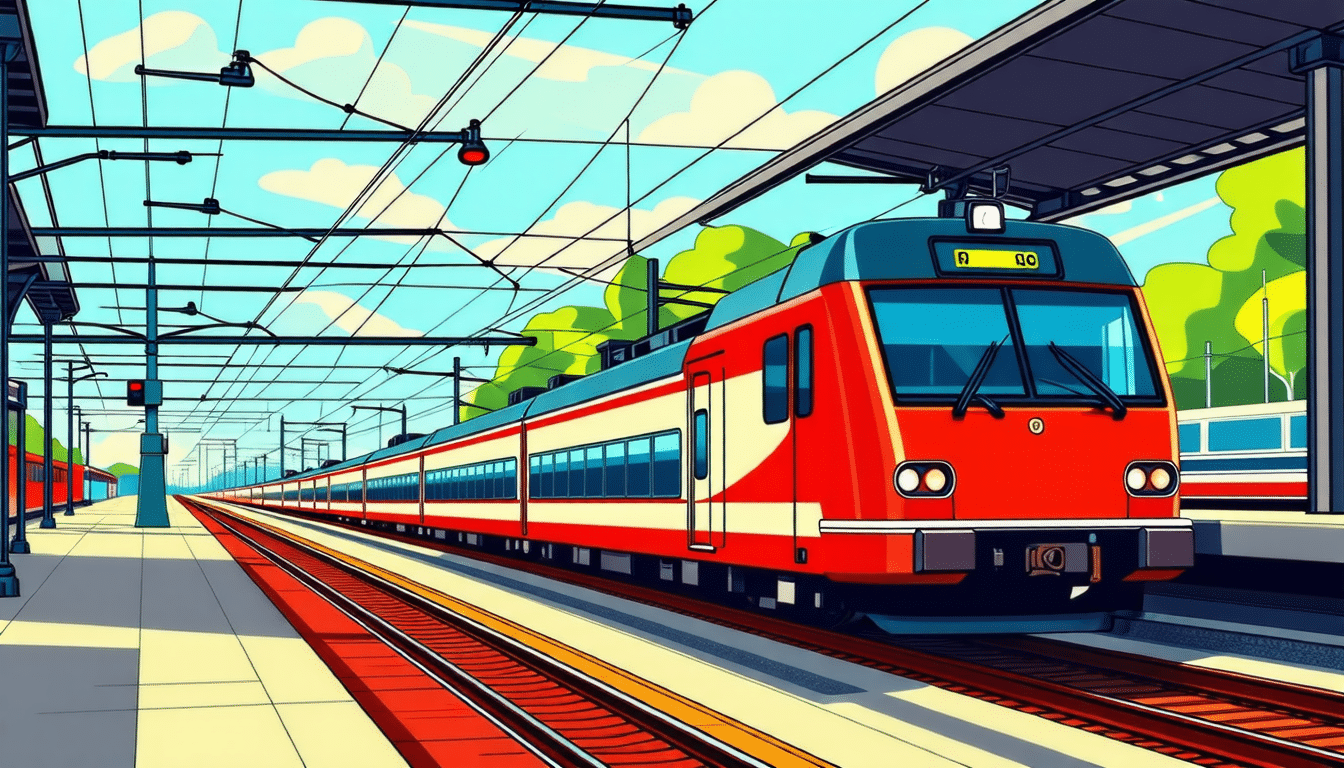Are you planning a train trip to the Grand Est region? Attention, something new on the rails! From now on, to travel with complete peace of mind on two of the most popular TER lines, reservations become compulsory. Let’s find out together how this new rule will change the way you travel and why it could well be good news for your next rail escapades! Immediate boarding for a complete overview of these new regulations.
Major change in regional transport
From July 6, an important new feature will take place in the Regional Express Transport (TER) network in the Grand Est region. Travelers will now have to reserve their place in advance to take certain busy lines. This measure specifically concerns the Paris-Troyes-Mulhouse and Paris-Châlons-Strasbourg lines, two crucial axes which connect these provincial regions to the capital.
Ensuring user comfort
The main objective of this new policy is to improve the passenger experience by guaranteeing a seat for each passenger. No more journeys where you have to stand! 🚆✅ During peak periods, this situation became more and more frequent, making travel uncomfortable and stressful.
Adaptations and exceptions to the rule
The SNCF has, however, provided certain flexibilities. A quarter of the seats will be accessible without reservation, respecting the principle of “first come, first served”. This decision is a partial response to the concerns of users who feared a loss of flexibility, especially for those whose working hours are not fixed.
Booking conditions
Reservations can be made easily online, via the official SNCF portal or through dedicated mobile applications. For those who have a subscription with direct debit, they will have access to the “My Place on Board” site from the end of May. Other subscribers will be able to make their reservations from June 20.
Impact on regulars and occasional visitors
This new organization could divide opinions. On the one hand, regular travelers who use these lines for their daily journey to and from Paris might appreciate the guarantee of a seat. On the other hand, occasional travelers and tourists will have to anticipate their trips more, which could lead to some frustration and require an adjustment in their trip planning. 🕒🚉
Reactions and perspectives
While this strategy will undoubtedly bring increased comfort for many, it also raises questions about access to services for the elderly or those without internet access. The debate is open on the ability of this policy to balance convenience and accessibility. Inspired by practical models in Germany and Austria, where optional and paid reservations are in place, this initiative in the Grand Est could very well serve as a test for other French regions. To be continued!
International comparison
The example of Germany and Austria shows that compromises are possible. In these countries, reservations are optional and paid for on long-distance journeys, but all trains are accessible without reservation. This flexibility appears to be an effective approach to managing capacity while providing travelers with the freedom to choose according to their needs and preferences.
In short, the reservation system put in place by SNCF aims to make train travel more pleasant and predictable. Although it presents certain challenges, it could well redefine the regional transport experience in France.









